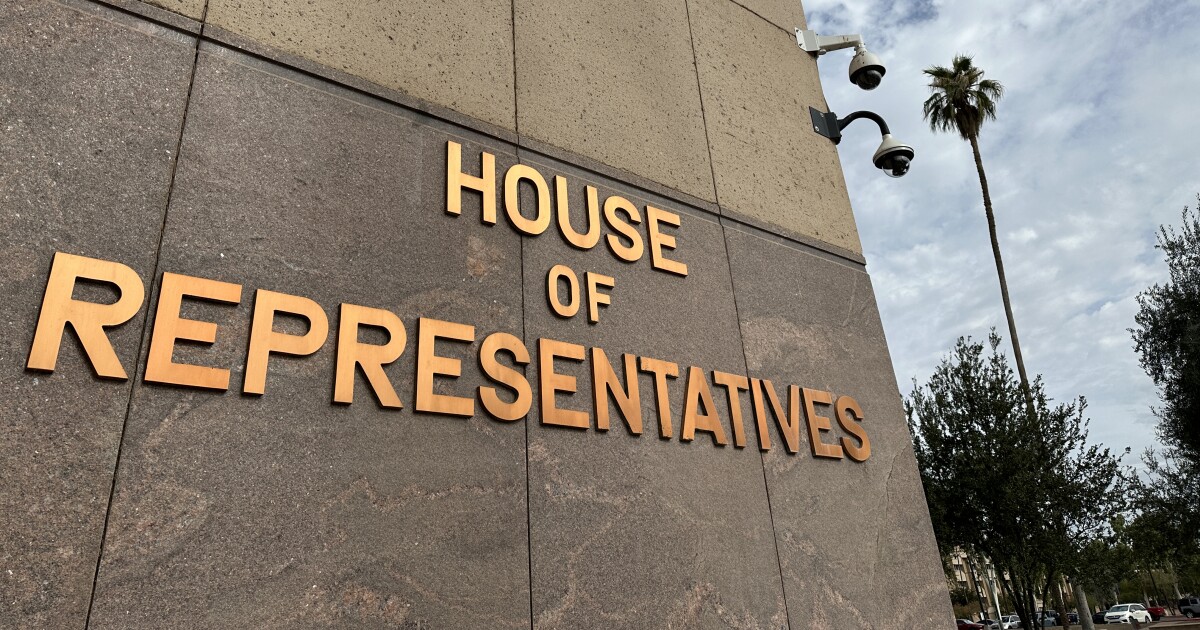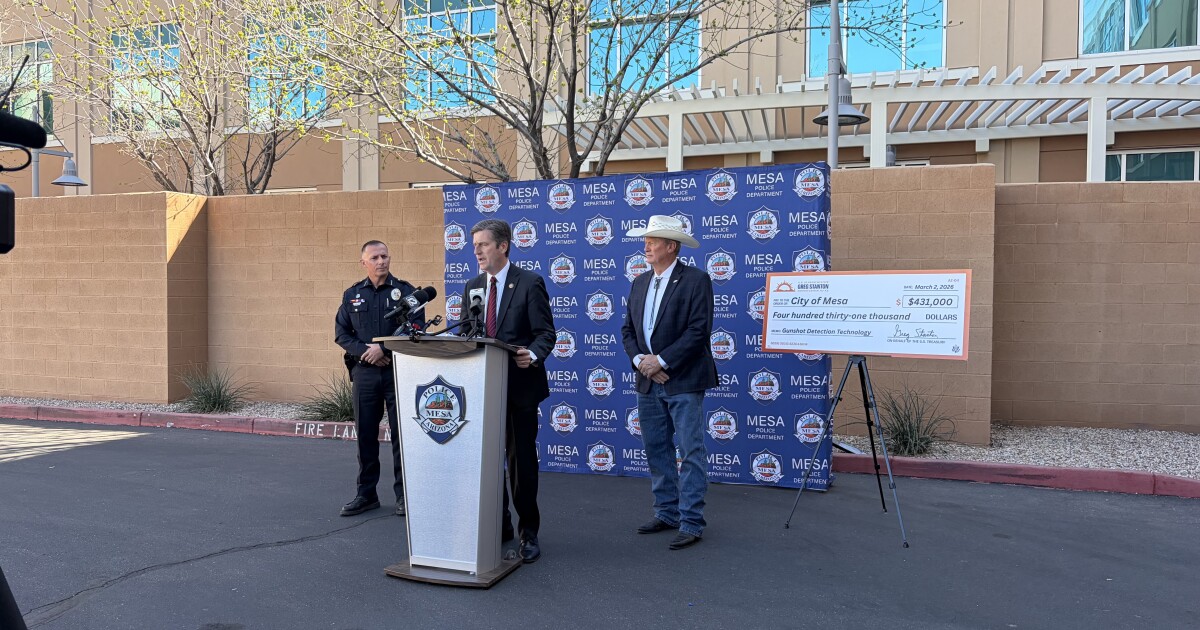State Sen. Susan Webber highlighted Montana’s focus on missing and murdered Indigenous people, noting past legislation centered on data collection. Senate Bill 107 shifts this focus towards prevention, aiming to benefit all elementary and secondary school students. “None of them have addressed prevention. Let’s give our children the tools,” stated Webber, D-Browning.
If enacted, the bill will direct the Office of Public Instruction to create curricula and activities educating students on identifying and avoiding child sex trafficking and human trafficking, which Webber noted affects students as the most vulnerable group. During a Senate Judiciary Committee hearing, Webber distributed a handout featuring photos of currently missing young people, describing the situation as an epidemic.
The Department of Justice database reports 45 Indigenous people and 31 children missing, with some overlap. Webber emphasized the disproportionate impact on Native people, who represent 6.7% of Montana’s population but account for 30.6% of missing and murdered individuals. “I want you to see the faces of the children that are missing,” she said, representing the Blackfeet Nation.
Sen. Sue Vinton, R-Billings, inquired about the bill’s cost. Webber explained it involves an educational module easily absorbed by OPI. Sen. Daniel Emrich, R-Great Falls, expressed concern about diverging from traditional subjects like reading, writing, and arithmetic. The committee delayed action, but supporters believe the bill will significantly prevent child trafficking.
Patrick Yawakie, representing several Native communities, stated, “Human traffickers are targeting youth as young as 9 years old and prey on victims based on hardships the child may be facing in their home.” He added that the bill would protect all Montanans and help potential victims avoid perpetrators while aiding their peers. “Having an educated community in sex and human trafficking for elementary and secondary schools helps all involved with a clear understanding for how to be responsible for each other,” Yawakie said.
Imani Kindness from the Montana Budget and Policy Center cited a staggering 1,900% rise in trafficking cases from 2015 to 2023, based on state Department of Justice data. Sharon Kickingwoman from the ACLU of Montana stressed that no community is immune, and schools are vital to the solution.
Sen. Mary Ann Dunwell, D-Helena, noted that signs of trafficking are often unnoticed and supports similar legislation for bus driver awareness. Ria Bahadur, the bill’s author and a Stanford University student, revealed that over 45% of trafficking victims are school-aged minors, typically 12 to 18 years old. Bahadur urged the committee to avoid apathy, emphasizing the crucial role of education in saving “real lives.” She mentioned Montana’s notoriety as the “truck stop state” in sex trafficking, a label she hopes informed youth can help eliminate.
The Montana Coalition Against Domestic and Sexual Violence supports the bill, which aims to protect all students. Keaton Sunchild from Western Native Voice highlighted the higher rate of missing youth on reservations, asserting that “This bill is a real, tangible solution that does that.”
—
Read More Montana News









